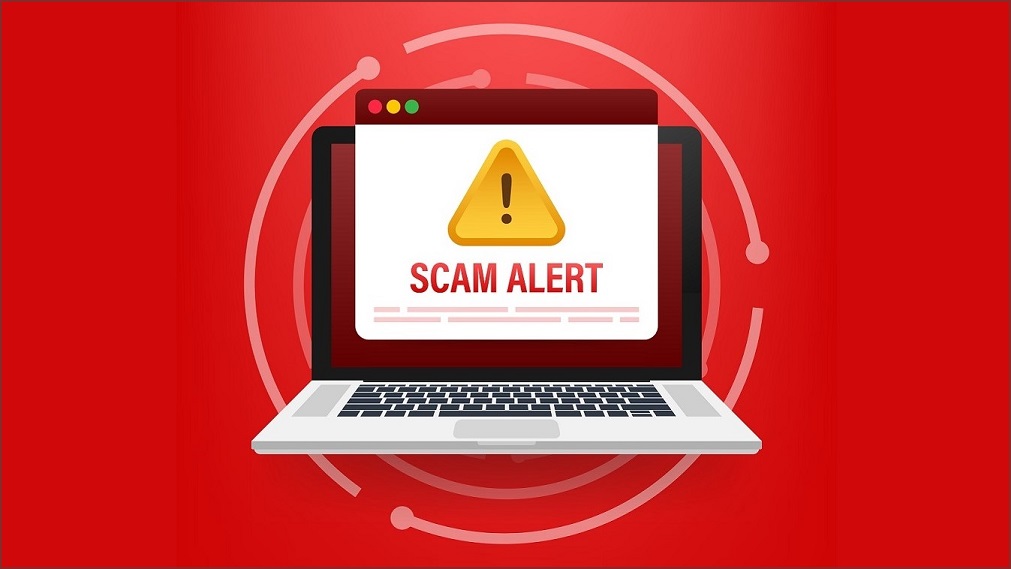A National Anti-Scams Centre will be up and running by July under a $58 million federal budget commitment.
Assistant Treasurer Stephen Jones revealed details of the new centre on Monday, saying it will sit within the Australian Competition and Consumer Commission (ACCC) and act as a central place to report scams and share information with banks, law enforcement and vulnerable members of the community.
An ACCC report recently found that the combined losses Aussies have suffered from scams that have been reported to government agencies were at least $3.1 billion in 2022, an increase of 80 per cent from the previous year.
The competition watchdog has also estimated that 30 per cent of people that have fallen victim to a scam do not report it, meaning this figure is likely significantly higher.
And the average amount someone is losing as part of these scams increased by more than 50 per cent to $20,000 last year.
The new centre will look to combat this by utilising “cutting-edge technology” to share intelligence on these scams to the relevant players to assist with detecting and disrupting them.
“We’re encouraging Australians to report it,” Jones told the media on Monday.
“If you think you have been scammed, report it, because if they have attacked you, they’re probably going to attack somebody else.
“The whole idea of our National Anti-Scam Centre is about knocking on the head, trying to act quickly and decisively before the harm spreads throughout the community.”
The centre will be launched at the start of July this year, with the data-sharing capability to be rolled out across the next three years.
ACS CEO Chris Vein welcomed the move, saying he was delighted the Federal government had recognised this issue.
“The costs being carried by Australians falling victim to these tricks was why ACS suggested a $100m dollar initiative to fight online scams and it is excellent the ACCC has been given the powers to work closer with industry to do more in controlling this problem,” he said.
“As the organisation representing technology professionals, ACS is always concerned when IT is being misused for criminal gain and we strongly support measures that encourage the ethical use of technologies.
Operations
The first year of operation will focus on assisting ASIC to deliver a scam website takedown service and ACMA with its work to combat telco scams.
The centre will also raise awareness amongst the community of how to avoid scams, and look to actively suppress certain types of cons, Jones said.
“We’re also going to set up fusion cells, which are like a head squad, where we’re going up to certain types of scams and taking the fight up to the scammers, to ensure that they don’t get an even break,” he said.
ACCC deputy chair Catriona Lowe said the bulk of the funding will be used to establish formal information sharing with relevant stakeholders.
“We’ll be using this funding to build the technology needed to support high frequency data sharing with a range of agencies, law enforcement and the private sector, with the mission to make Australia a harder target for scammers,” Lowe said.
“The centre will bring together the expertise and resources to disrupt scammers making contact with Australians, raise consumer awareness about how to avoid scams, and link scam victims to services where they have lost money or had their identity compromised.
“Through increased sharing of scam reports and other initiatives, the centre will help inform finance, telecommunications and digital platforms sectors to take more timely and effective steps to stop scammers.”
The anti-scam centre was first announced by Labor during the 2022 election campaign. After winning the election, the Labor government allocated $9.9 million in last year’s October budget for initial work and establishment of the centre.
Last week’s budget provided a further near-$50 million for the National Anti-Scam Centre over four years.
The centre was part of an $86.5 million budget package targeting scams.
This also included $10 million over four years for ACMA to set up an SMS registry aiming to help telecommunications companies to block scam text messages impersonating official agencies or organisations.










